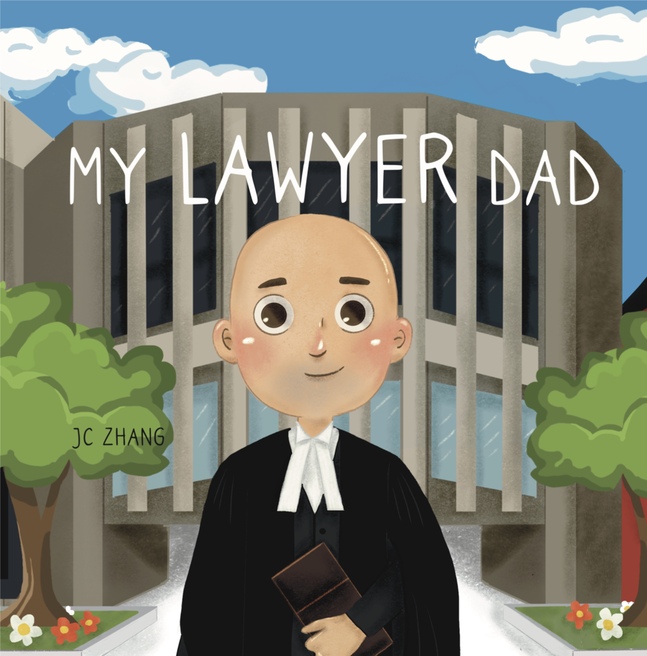Use of Paralegals in Family Law
Omar Ha-Redeye was interviewed in the Law Times on the use of paralegals in family law,
Lawyer and educator Omar Ha-Redeye points out that when it comes to access to justice, family law has the most acute problems.
“The public is enormously upset at the legal system and particularly family law. Financial interests are geared improperly for family law bar. There is no financial incentive to change. That’s why the push for change is coming from outside the family law bar – the attorney general and the law societies, whose emphasis is on public interest, not just lawyers’ interest,” he says.
Ha-Redeye is of the opinion that legal services as provided by the legal profession don’t work and are not affordable for 90% of the population.
“The situation screams for a remedy. Protectionism is self-serving and not serving the public need,” he says.
…
The topic was also canvassed at the FDRIO Un Conference on May 4- an un-conference being an unstructured conference where everyone votes on what they want to speak about.
“One discussion was about the role of paralegals. It’s a very live topic,” reports Linton. Everyone agrees it’s timely to be reexamined no matter what stand they take.”
Ha-Redeye included the topic in his talk on the use of early triage in family law eases.
“People were looking to explore the participation of paralegals, maybe under the direction or co-ordination. of a lawyer at the outset.
As expected, there was a varied response, including enormous pushback from family lawyers,” he says.
…
“One thing everyone agrees on is that they must be competent at what they’re doing, says Ha-Redeye. “How do you ensure competence – through education, additional training, oversight, supervision, and direction of a family lawyer?”
…
Despite these views, the problem of self-representation is so unavoidable that the legal community is looking for ways to utilize non-lawyers in the family law field. “It will involve carving out a very narrow application, where the level of responsibility is minimized, says Ha-Redeye. He suggests assisting with Spousal Support education, with forms and financial statements, and also sees possibilities in an early triage system as well as opportunities
on the “back end.”“When people have an order and they think their legal issues are resolved, there could be annual reviews and support. Rather than a lawyer re-litigating every year over minor adjustments to income or minor issues with a parenting schedule, a paralegal can assist with that,” he says.
 Previous Post
Previous Post